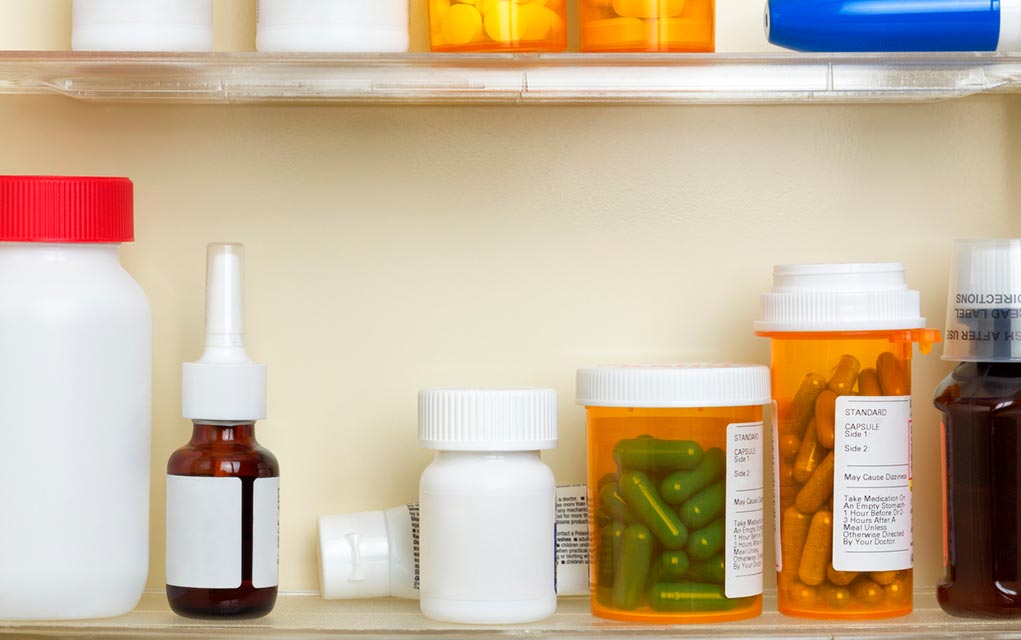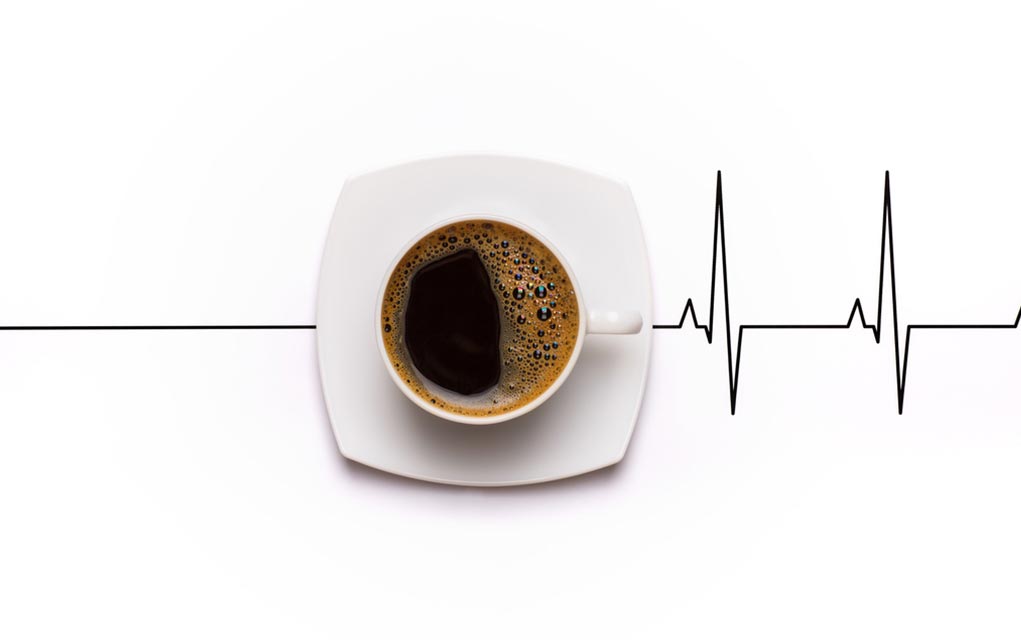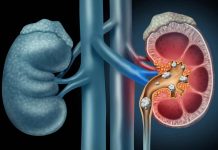
OTC Drug Dangers Revealed — Check Your Medicine Cabinet NOW
(AscendHealthy)- You’ve probably taken over-the-counter (OTC) pain relievers hundreds of times without thinking twice about the potential health effects. There’s a good chance you have a bottle of at least one of them sitting in your medicine cabinet right now. If you’re not careful, those seemingly harmless drugs might kill you.
The Dangers of NSAIDs
When you have a minor injury or bad headache, you probably don’t think much about the OTC medication you use to relieve it. That might need to change. The FDA has issued multiple warnings about the heart attack and stroke risks associated with NSAIDs like ibuprofen and naproxen.
A 2017 meta-analysis compared the health of 446,763 people, with 61,460 having reported heart attacks. Researchers found people who took the NSAIDs ibuprofen, naproxen, diclofenac and rofecoxib had a 20 to 50 percent increase in heart attacks and strokes. Rofecoxib, sold as Vioxx, was removed from the market in 2004 after whistleblowers caught Merck withholding its dangers from consumers for over five years. That one medication alone directly contributed to nearly 28,000 heart attacks.
Ibuprofen and naproxen continue to be available without a prescription, which makes extended use and experimentation with dosage far too easy. Who hasn’t ramped up their ibuprofen dosage to 600 or 800 milligrams, knowing that’s the prescription strength and assuming it’s safe? Unfortunately, dosage and duration of use both play roles in the drugs’ risks, so the more you take and the longer you take it, the higher your chances of suffering a cardiovascular event become. Risks begin to increase after as little as one week of regular use.
How It Works
NSAIDs like ibuprofen and naproxen affect your body’s prostaglandin synthesis. Prostaglandins are responsible for smooth muscle movement, controlling when and how much your blood vessels dilate and constrict. They also help regulate blood pressure and inflammation. These effects can impact renal performance in some people, leading to water and sodium retention, which can disrupt the heart’s ability to function properly. People with a history of heart or kidney disease are most at risk, but no one is immune to the potential effects.
Additional Dangers
All NSAIDs are metabolized almost entirely by the kidneys. Most healthy people can take NSAIDs without causing damage, but the drugs can exacerbate kidney disease. High doses of NSAIDs can sometimes lead to liver toxicity, although this is rare.
Liver damage and other serious complications can also strike in the form of Reye’s syndrome. This can occur if you give NSAIDs, especially aspirin, to children and teenagers suffering from any type of viral illness. Reye’s syndrome is potentially fatal, can affect numerous organs and can leave lasting brain damage. Unless directed by your doctor, never give NSAIDs to children under three years old.
Protecting Yourself
You can reduce your risks of NSAID-related cardiovascular events by limiting your use and taking the lowest effective dose possible. Aspirin, although also an NSAID, doesn’t carry the same cardiovascular risks as ibuprofen and naproxen. Acetaminophen is another safe alternative for the heart. Be aware that these drugs have risks of their own, with acetaminophen also potentially damaging to the liver and aspirin reducing your blood’s ability to clot.
You might want to talk to your doctor or pain management specialist about alternative treatments for pain. Some people use devil’s claw and feverfew to reduce their pain and inflammation. Topical ointments containing capsaicin, eucalyptus or menthol may also help. Consider trying meditation or yoga, or see if acupuncture helps.
Over-the-counter medications are not necessarily safe to use all the time. Ibuprofen and naproxen are both effective NSAIDs with relatively few side effects, making the potential health effects easy to overlook. Take care with all medications you use, prescribed and OTC alike; nothing alters your body’s chemistry without also creating some potential risk.
Copyright 2023, AscendHealthy.com




















